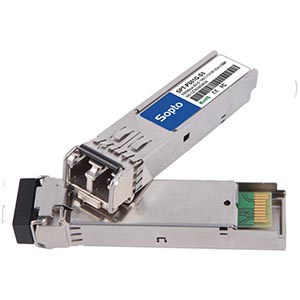- Fiber Optic Transceiver Module
- High Speed Cable
- Fiber Optical Cable
- Fiber Optical Patch Cords
- Splitter CWDM DWDM
- PON Solution
- FTTH Box ODF Closure
- PCI-E Network Card
- Network Cables
- Fiber Optical Adapter
- Fiber Optical Attenuator
- Fiber Media Converter
- PDH Multiplexers
- Protocol Converter
- Digital Video Multiplexer
- Fiber Optical Tools
- Compatible
- Data Center Solutions
- Top 5 features of xPON OLTs ...
- SFP-10G-SR and SFP-10G-LR �...
- Fused Biconic Tapered Splitt...
- What is TDMOIP
- The direct difference betwee...
- Nondispersion-Shifted Fiber(...
- About OM3 fiber
- What is an optical fiber
- The feature of Multi-mode op...
- HBA card
- About HBA
- Fiber closure
- Active Fiber Optic Cable Con...
- What are the types of fiber ...
- Sopto SC and FC Fiber Fast C...
- Outdoor FTTH Cabinet
- CWDM multiplexer
- DWDM multiplexer
- What is the advantages of di...

What is bandwidth
In computer networking and computer science, bandwidth, network bandwidth, data bandwidth, or digital bandwidth is a measurement of bit-rate of available or consumed data communication resources expressed in bits per second or multiples of it (bit/s, kbit/s, Mbit/s, Gbit/s, etc.).
Note that in textbooks on signal processing, wireless communications, modem data transmission, digital communications, electronics, etc., the word 'bandwidth' is used to refer to analog signal bandwidth measured in hertz. The connection is that according to Hartley's law, the digital data rate limit (or channel capacity) of a physical communication link is proportional to its bandwidth in hertz.
Bandwidth sometimes defines the net bit rate (aka. peak bit rate, information rate, or physical layer useful bit rate), channel capacity, or the maximum throughput of a logical or physical communication path in a digital communication system. For example, bandwidth tests measure the maximum throughput of a computer network. The reason for this usage is that according to Hartley's law, the maximum data rate of a physical communication link is proportional to its bandwidth in hertz, which is sometimes called frequency bandwidth, spectral bandwidth, RF bandwidth, signal bandwidth or analog bandwidth.
Related: Extreme XENPAK transceiversRecommended Products:

Go Shopping for fiber optic transceivers
Related Brands: Hirschmann Compatible Transceiver Related News: The EPON ONU provides many functions for application


